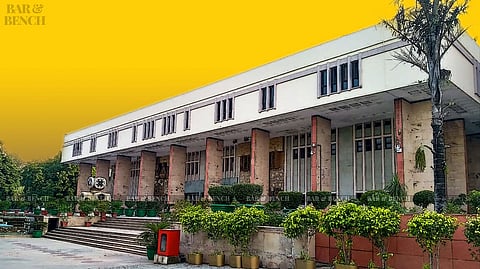
- News
- Columns
- Interviews
- Law Firms
- Apprentice Lawyer
- Legal Jobs
- हिंदी
- ಕನ್ನಡ

Nearly 23 years after two men were convicted and sentenced to life imprisonment for murder, the Delhi High Court recently acquitted them of all charges [Videshi Kumar v State].